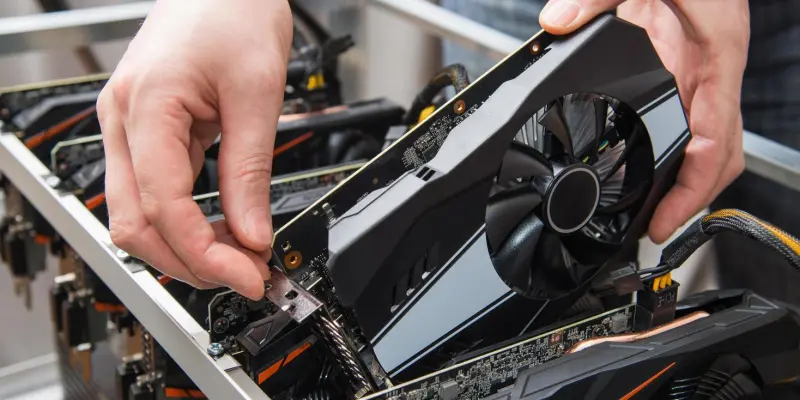The introduction of a new bipartisan bill highlights a significant step in the United States towards addressing concerns about smuggling advanced technology to China. At the heart of this legislative effort is the proposal to incorporate tracking technology into Nvidia’s advanced chips to monitor their post-sale destinations. The primary motivation for this move is the fear that Chinese organizations might use powerful GPUs to train AI models that could support adversarial activities or the development of advanced weapons. Representative Bill Foster, with his deep-rooted expertise in particle physics and chip design, champions this initiative with the belief that the U.S. Department of Commerce can effectively enforce current export bans and establish new regulations. The plan builds upon Nvidia’s existing technologies, which, although now limited in scope, present a cornerstone for broader applications in safeguarding technological assets from being misused.
Leveraging Tracking Technology
This proposed legislative measure seeks to harness Nvidia’s tracking capabilities, enabling the government to monitor where these potent GPUs are ultimately being used. Currently, these chips can communicate with a server to provide an approximate location, such as country-level insights, by calculating the data travel time. However, gaps remain, as the technology does not yet pinpoint the specific cities or institutions using these resources. Critics argue this limitation might undermine the bill’s effectiveness, though experts recognize the proposal’s potential practicality. The intention is to curb inappropriate usage of technology that could assist in training artificial intelligence systems with possibly harmful applications. Given these stakes, the tracking feature becomes a vital tool, lending credibility to enforcing and enhancing export controls. By doing so, the U.S. might preserve its technological advances and prevent their weaponization.
The Stakes of Advanced Technology
Nvidia’s chips symbolize a pivotal advance in AI and computing, marking their management and deployment as vital in a global landscape where technology establishes strategic advantages. Currently, the Bureau of Industry and Security faces difficulties in tracking these chips post-export from the U.S., due to lacking precise location telemetry data. Monitoring their utilization at the national level could simplify investigations and reinforce global adherence to export rules. With AI technologies likened to nuclear due to their dual-use potential, this legislative move is urgent, highlighting global awareness of the risks posed by unchecked technological misuse. Countries must align advances with ethical practices, and this bill reflects a determined move to protect strategic tech assets, fostering a safer global tech scene. While using AI-tracking chips to monitor Nvidia’s GPUs offers a solution to misuse, success hinges on surmounting technical challenges like accurate end-user identification, emphasizing the need for vigilance and international cooperation.

